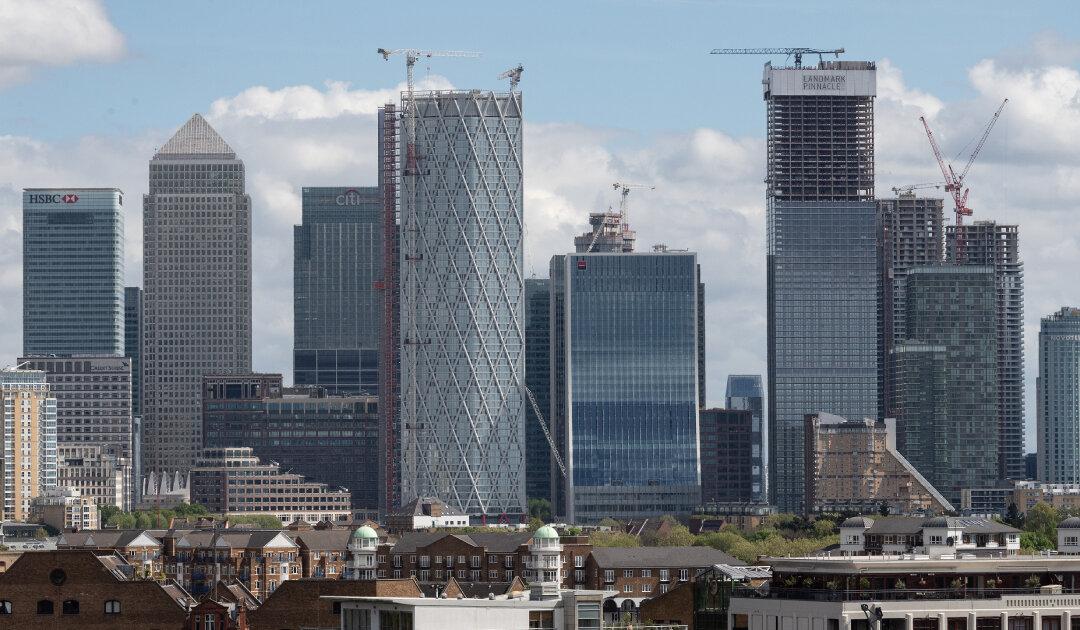Getting more migrant workers into the UK will help some industries, but it’s not expected to have a significant impact on the economy, experts said.
It comes after Chancellor of the Exchequer Kwasi Kwarteng appeared to confirm media reports that immigration rules for migrant workers will be changed to address labour shortages.





